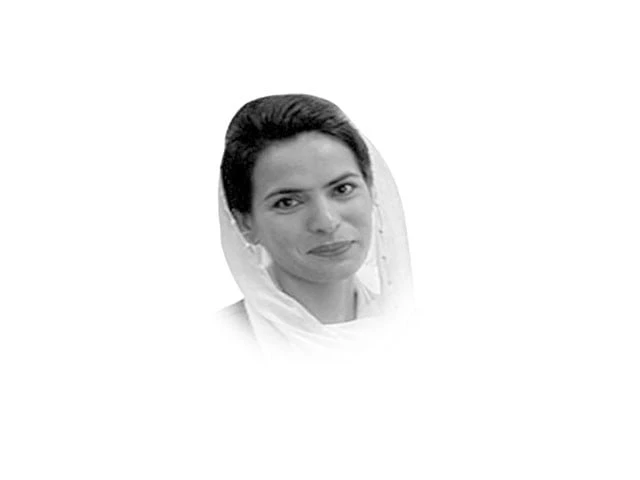A nation struggling with violence and silence
One legal milestone in May 2025 came when the SHC delivered a landmark ruling in an honour killing case

In Pakistan today, being a woman or a child often means navigating a life shadowed by fear — fear of being harassed, assaulted, silenced, or even killed. While legal protections exist, the troubling gap between law and implementation persists. The first half of 2025 serves as a grim reminder of how much remains to be done.
In Punjab, reports surfaced of a young woman who was repeatedly assaulted by members of her extended family. Forced to undergo an abortion and later poisoned to death, her story only came to light through social media outrage. In other incidents, two young girls — one just three years old — were sexually assaulted and murdered. In another case, two women killed a man who had blackmailed and harassed them for years — an act of desperation, highlighting systemic failures to protect them.
In Sindh, a schoolteacher was reportedly shot while returning home, allegedly by a man whose marriage proposal she had rejected. In separate incidents, two women were murdered by their husbands — one over suspicion, the other under the guise of honour. Another tragic case involved a woman abducted and killed after ransom demands went unmet. Arrests were made, but not before her life was taken.
In Khyber-Pakhtunkhwa, a man killed his wife and infant daughter in the name of honour. In other distressing incidents, a four-year-old girl was raped and murdered by a teenager, while a seven-year-old boy was sexually assaulted and fatally injured.
In Balochistan, a father reportedly killed his teenage daughter for posting videos online — yet another example of how control, cloaked as honour, continues to claim young lives.
In early June 2025, the murder of a 17-year-old TikToker from Islamabad, known for promoting girls' education and Chitrali culture, sent shockwaves across the country. With over 740,000 followers, she was shot in her own home on her birthday — reportedly by a cousin unable to handle rejection.
One legal milestone in May 2025 came when the SHC delivered a landmark ruling in an honour killing case. Justice Nisar Ahmed Bhanbhro, dismissing the appeal of a man convicted of murdering his wife in Kashmore, declared honour killing an "uncivilised, barbaric and abominable" crime, likening it to Fasad Fil Arz (mischief on earth) — a grave offense under Islamic law.
The Court ruled that both the life sentence for murder and the additional 14-year sentence for karo-kari must be served consecutively — underscoring the severity of the crime.
"The honour killing has stained the society where the woman is even not given the right of defence to prove her innocence against the false charges of developing illicit relations," the judgment noted.
The message was clear: no one may take the law into their own hands. The ruling reaffirmed the state's duty to protect all citizens and to punish perpetrators acting under the guise of honour.
But these are not isolated incidents. They reflect systemic and societal failures. Such crimes often occur within families or communities — committed by people known to the victims. Survivors and their families are often left isolated or silenced.
This is not only a legal issue, it is a societal one. Real protection requires timely investigations, efficient trials, survivor-centred justice and, most importantly, a cultural shift.
Laws alone are not enough. A whole-of-society approach is needed, involving civil society, legal institutions, educators, law enforcement, media and communities working together to change both systems and mindsets.
We must ask ourselves: why, even today, do lives continue to be lost over suspicion or rejection? Why must women returning from work or children playing outside still live in fear?
Ending sexual violence, child abuse and honour killings demands more than policing; it requires participation. Justice Bhanbhro's ruling provides one example of how courts can lead, but it is up to the rest of us to ensure that such judgments become lived realities.
This is no longer simply a matter of advocacy, it is one of survival. It is time to ensure that every woman and child in Pakistan can live in dignity — free from fear.















COMMENTS (1)
Comments are moderated and generally will be posted if they are on-topic and not abusive.
For more information, please see our Comments FAQ